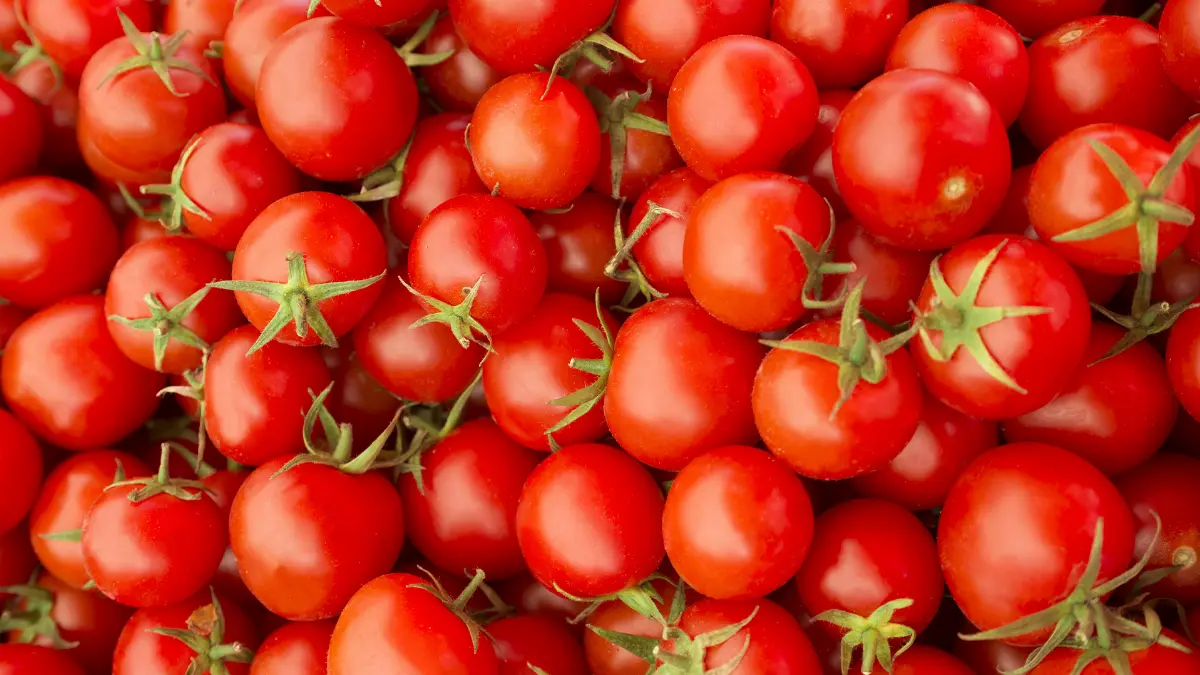
EU: Salmonella from tomatoes: Sicily in the dock
ECDC reports 437 cases in 17 countries between 2023 and 2025: likely strain of infection in cherry tomatoes from the island

A prolonged outbreak of Salmonella Strathcona in multiple European Union countries has led to the reporting of 437 confirmed cases in 17 EU countries between January 1, 2023, and September 30, 2025. Italy, Germany, and Austria are the most affected countries in the EU, but cases have also been reported in the United Kingdom, Canada, and the United States. The European Centre for Disease Prevention and Control (ECDC) announced in an official statement that "investigations conducted over three years have consistently identified tomatoes as the likely source of infection."
Recent investigations conducted in Austria in 2025, the ECDC underlines, "identified cherry tomatoes originating from Sicily, Italy, as the source of infection, in line with the findings of previous outbreaks in Italy (2024) and Austria (2023)." This strain of Salmonella Strathcona "has been detected in the EU for over a decade, with the first outbreak reported in Denmark in 2011, also linked to the same tomatoes originating from Sicily."
As the European ECDC points out, the Italian Food Safety Authority conducted investigations, including a sampling plan for tomatoes marketed nationally, targeted inspections, and environmental monitoring. Salmonella Strathcona was detected in a sample of irrigation water taken from a primary production site, confirming the environmental role in the product's contamination.
To prevent the occurrence of new cases, the EU authority explains, "further investigations are needed to verify whether tomatoes from Sicily are the vehicle of infection for the newly reported cases and to guide effective control measures during the (pre)harvest period, including irrigation water sources."
"Ongoing transmission over several years," the ECDC adds, "indicates the presence of persistent sources of contamination. Public health authorities are encouraged to continue investigating new cases of S. Strathcona, sequencing human isolates where possible and collaborating closely with food safety authorities to trace and contain the source of infection."
"Consumers are advised," the ECDC note concludes, "to follow proper hygiene practices when handling food, such as washing their hands, rinsing fresh produce thoroughly, and avoiding cross-contamination by keeping raw and cooked foods separate."
EFA News - European Food Agency